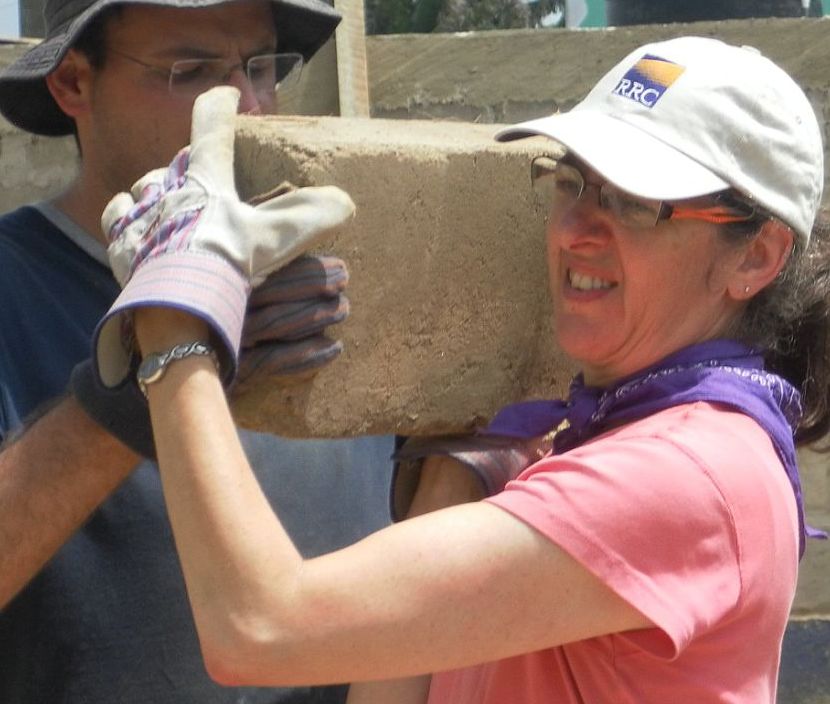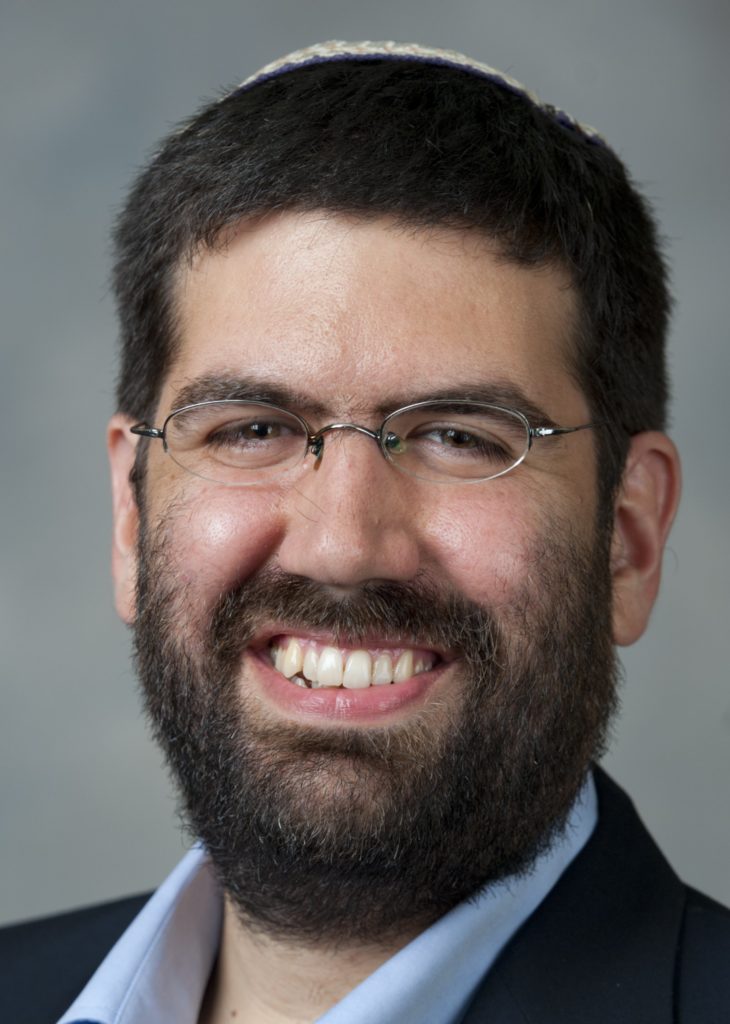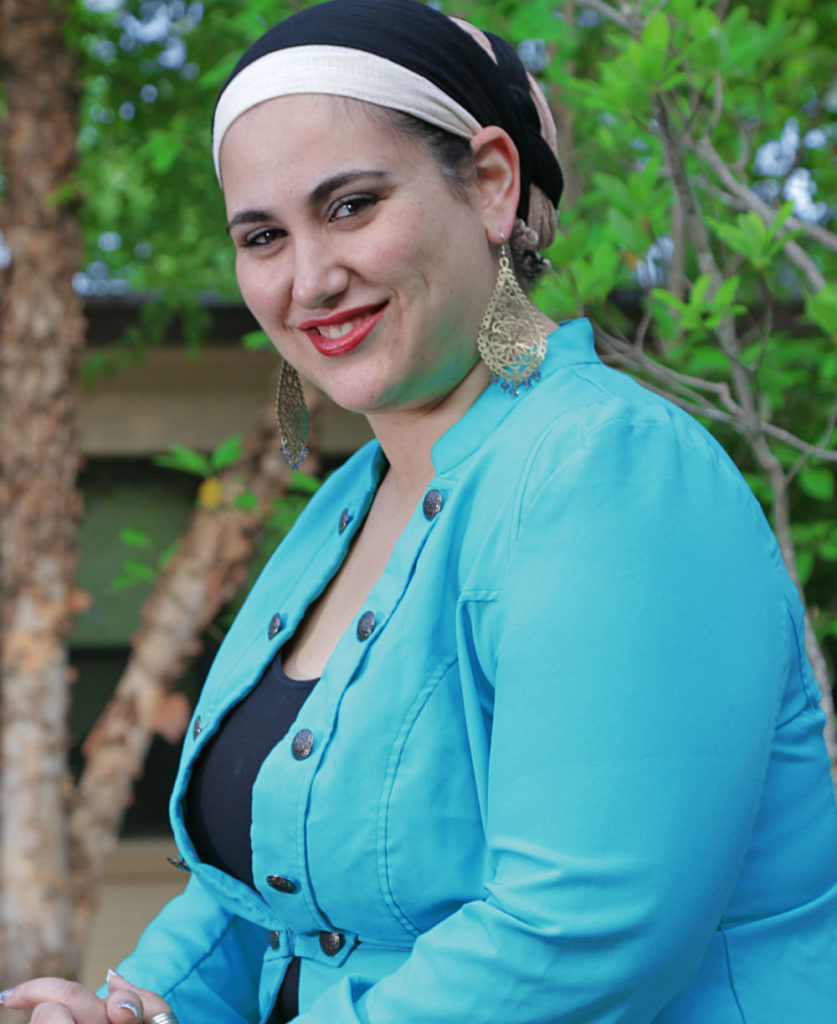
One Land, Many Names
Jacob said to his kin: Gather stones. They took stones, made a mound, and ate there by the mound. Laban called it Yegar-Sahaduta, but Jacob called it Gal-Ed. (Gen 31:46-47) Two different languages, the same name. Witness-mound. Laban’s name for the site of this peace treaty is in Aramaic; Jacob’s is in Hebrew. How did...
read more









